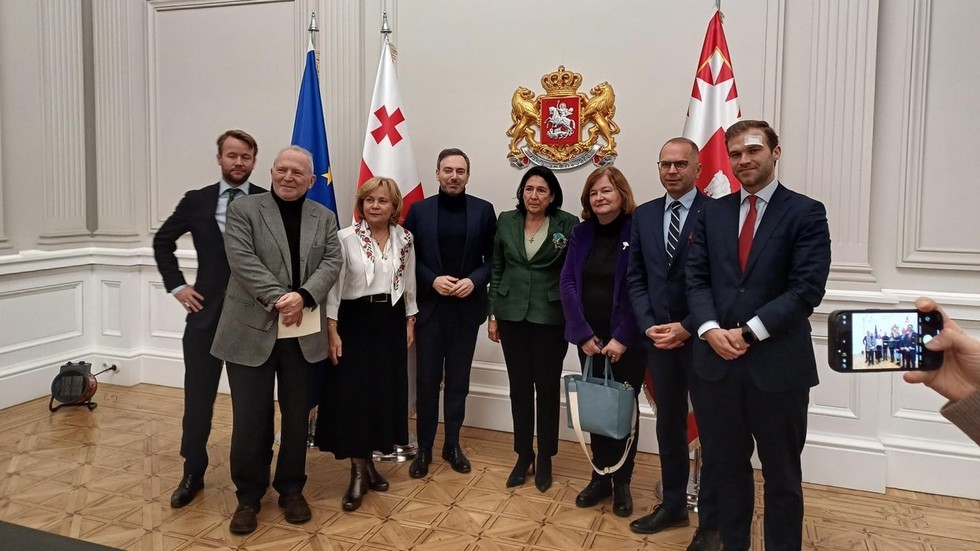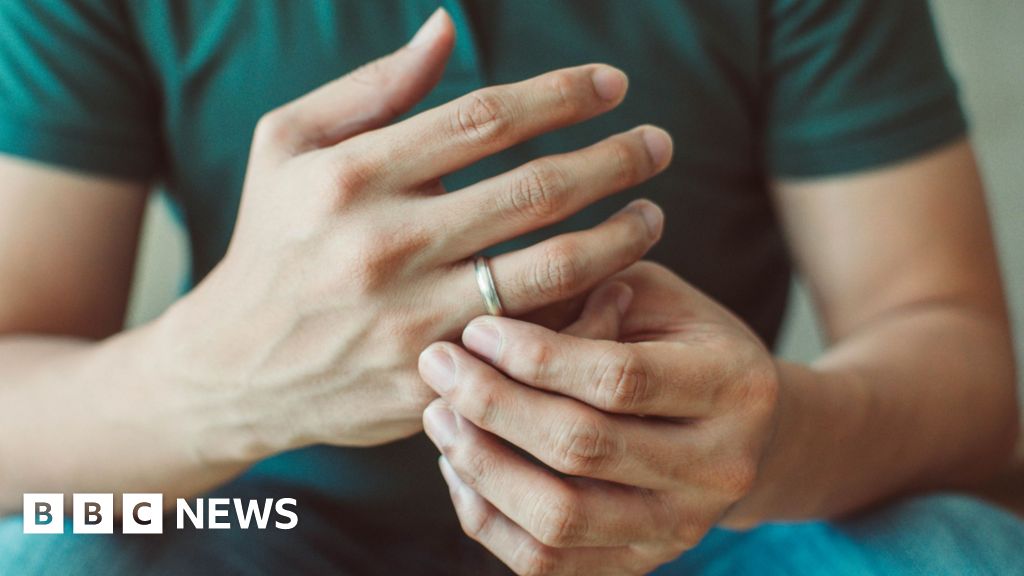The U.N. office on human rights in Venezuela has partially resumed operations in recent weeks
ByThe Associated Press
December 13, 2024, 10:57 AM
CARACAS, Venezuela -- The U.N. office on human rights in Venezuela partially resumed operations in recent weeks, the agency's chief said Friday, months after the government of President Nicolás Maduro expelled its staff for allegedly helping coup plotters and terror groups.
The announcement from Volker Türk, the U.N. High Commissioner for Human Rights, came in an address to representatives of the 47-nation Human Rights Council in Geneva, where he denounced deteriorating conditions in the South American country following the July presidential election.
Maduro and the political opposition both claim to have won the vote.
“I remain deeply concerned by the disproportionate use of force and violence during post-electoral protests in July and August, including by armed individuals supporting the government,” Türk said.
“The authorities have confirmed the detention of some 2,000 people since the election," he added. "I’m very concerned that many of these people were arbitrarily detained, including adolescents and young adults, members of the opposition, human rights defenders, journalists and lawyers, as well as bystanders.”
He also called for a “prompt and effective investigation” into the killings of more than 20 people amid the unrest that followed the July 28 election.
The U.N. office in Venezuela’s capital, Caracas, was ordered to close in February amid heightened concerns that the government was repressing real or perceived opponents in an election year. The decision followed a wave of criticism inside and outside Venezuela over the detention of a prominent human rights attorney and members of her family.
In 2019, Maduro’s government had agreed to cooperate with the high commissioner to establish the local technical advisory office.
Venezuela's Foreign Affairs Minister Yván Gil, in announcing the February decision, claimed that instead of improving human rights, the 13-staff office had “become the private law firm of coup plotters and terrorist groups that permanently conspire against the country.”
Authorities did not provide any evidence or point to a specific example of such an activity.
Türk told the council Friday he hoped the office in Caracas could soon be fully operational. But Ambassador Alexander Yánez, Maduro's representative in Geneva, suggested that Türk's criticisms of human rights conditions in Venezuela do not bode well for the local office.
“They do nothing to help this process,” Yánez said, adding that the remarks amounted to “self-serving narratives from sectors of the fascist opposition" in Venezuela and that they compromise “the objectivity and impartiality, the independence, of the work” of the office.

 3 hours ago
2
3 hours ago
2









